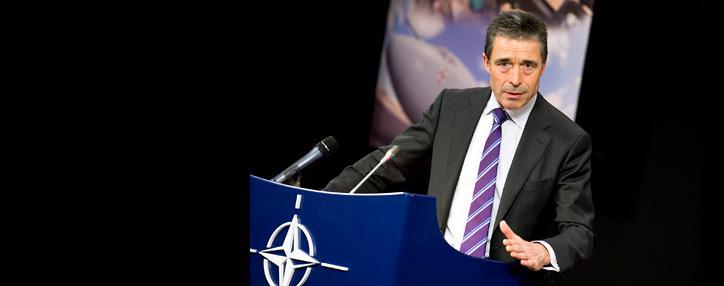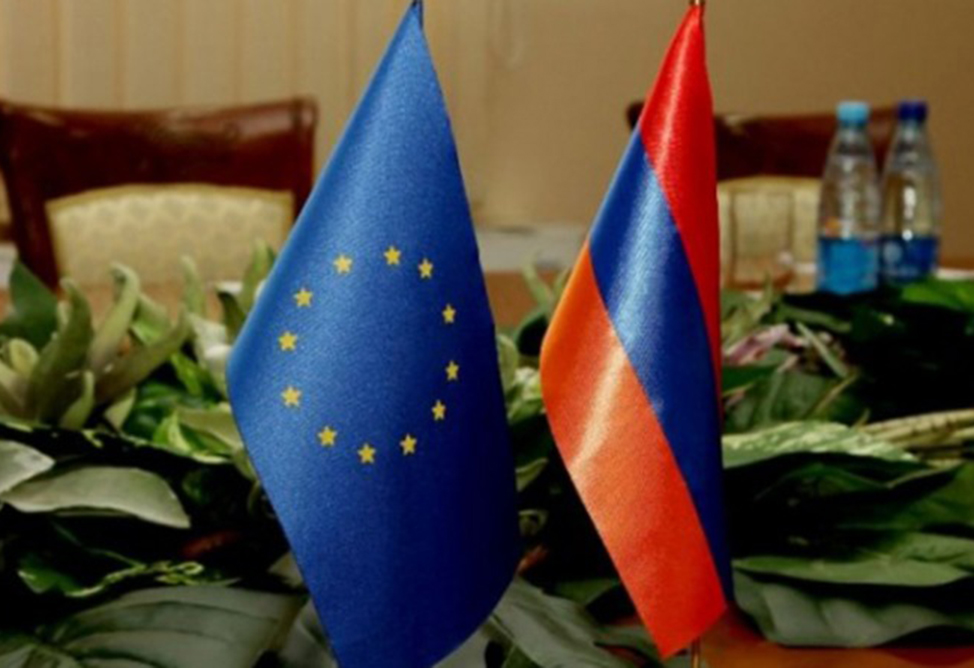NATO Secretary General condemns Safarov’s crime glorification
06.09.2012,
17:21
NATO Secretary General Anders Fogh Rasmussen said the act Azeri serviceman Ramil Safarov committed in 2004 was a terrible crime that should not be glorified, according to Novosti-Armenia.

YEREVAN, September 6. /ARKA/. NATO Secretary General Anders Fogh Rasmussen said the act Azeri serviceman Ramil Safarov committed in 2004 was a terrible crime that should not be glorified, according to Novosti-Armenia.
The Azeri serviceman, Ramil Safarov, was given a life sentence for hacking Armenian officer Gurgen Markarian to death with an axe on 19 February 2004 in Budapest during NATO training. On 31 August Budapest extradited Safarov to Azerbaijan where he was immediately pardoned by President Ilham Aliyev.
These actions erupted outrage in Yerevan. On 31 August Armenia’s President Serzh Sargsyan invited the heads of all diplomatic missions in Armenia to the extraordinary meeting and said Armenia suspends all diplomatic relations with Hungary.
Rasmussen added that there should be no return to conflict between Armenia and Azerbaijan, but tensions in this region must be reduced.
At the joint briefing with Armenia’s President Serzh Sargsyan NATO Secretary General also said he will deliver tomorrow his message to Azerbaijani President Ilham Aliyev on his deep concern by Safarov’s pardon, that strongly damages peace processes.
The conflict in Nagorno-Karabakh broke out in 1988 after the predominantly Armenian-populated Karabakh declared about secession from
Azerbaijan.
As Azerbaijan declared its independence from the Soviet Union and removed the powers held by the Karabakh’s government, the Armenian majority voted in 1991, December 10, to secede from Azerbaijan and in the process proclaimed the enclave the Republic of Nagorno-Karabakh. Full-scale fighting, initiated by Azerbaijan, erupted in the late winter of 1992. International mediation by several groups including Europe's OSCE’s failed to bring an end resolution that both sides could work with.
In the spring of 1993, Armenian forces captured regions outside the enclave itself. By the end of the war in 1994, the Armenians were in full control of most of the enclave and also held and currently control seven regions beyond the administrative borders of Nagorno-Karabakh. Almost 1 million people on both sides have been displaced as a result of the conflict. A Russian- -brokered ceasefire was signed in May 1994 and peace talks, mediated by the OSCE Minsk Group, have been held ever since by Armenia and Azerbaijan. -0-



